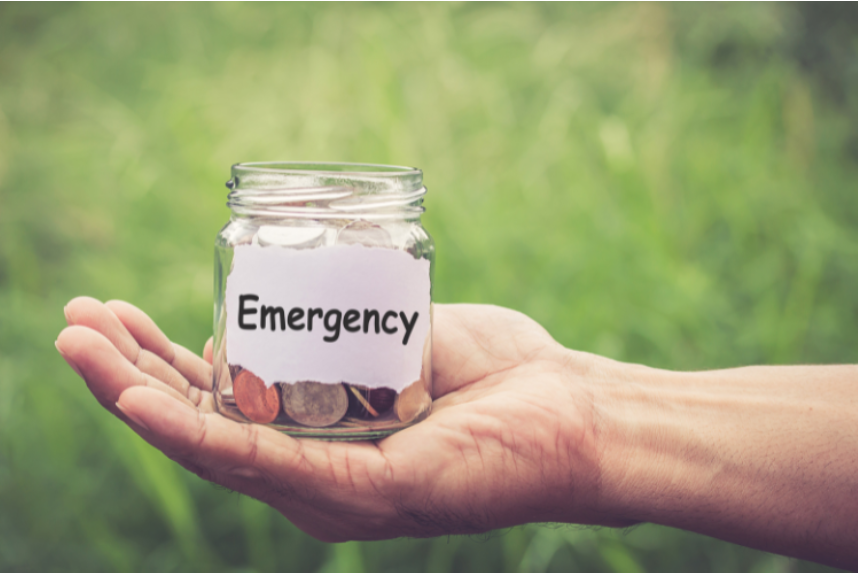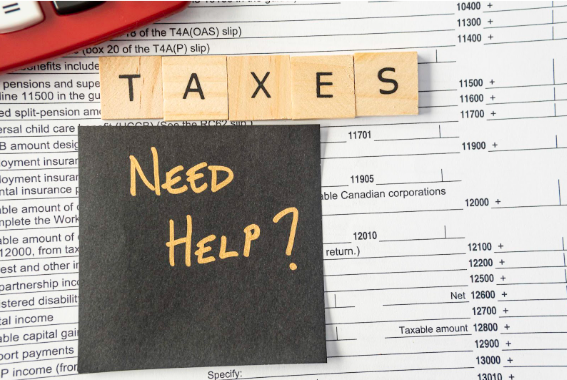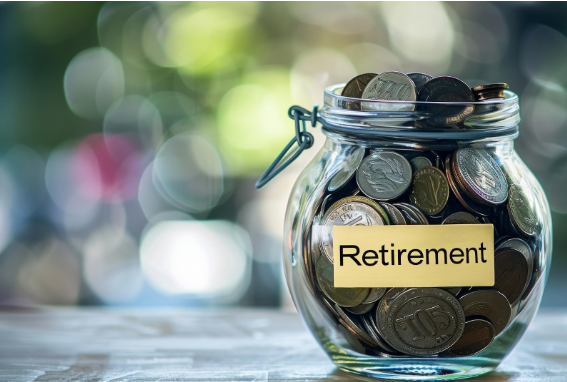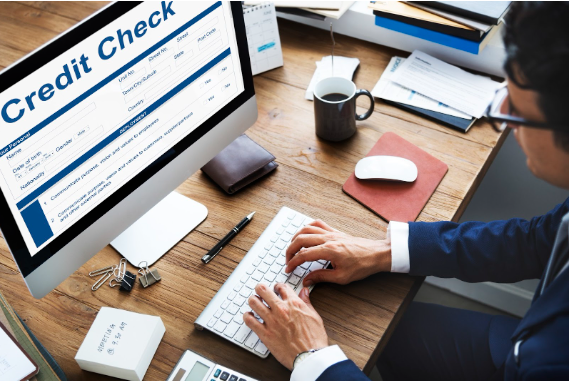
How to Save for Emergencies When You Have Debt
The burden of debt is something that millions of Canadians deal with from time to time. It may have been brought on by a loss of a job, a divorce, an illness, or just plain bad luck. A person intending to accumulate an emergency fund may find that debt stands in the way. Emergencies happen all the time; it’s better to be prepared.
Even though paying off debt should be a top priority, you should also make saving for emergencies one of your highest financial priorities. Having a mound of debt, unfortunately, might make this seem like an impossible feat. So how can you go about this?
Is an Emergency Fund the Same as a Rainy Day Fund?
A rainy day fund is not the same thing as an emergency fund, so make sure not to get the two confused.
A savings account designated specifically for “irregular expenses,” such as an unexpected payment, is known as a “rainy day fund.” Perhaps a bill for the mechanic, some new clothes. Instead of reaching for your credit card when unexpected and low-cost expenses arise, use the money you’ve set aside in this fund. That is the purpose for which it was created.
An emergency fund, on the other hand, is intended to be far larger than a savings account for irregular and unexpected spending on rainy days.
Life can give you extended financial difficulty due to severe events, such as the job loss, divorce, or illness that was stated earlier. An emergency fund is meant for those times when life happens, and these are the kinds of situations that are often impossible to prepare for. The main difference between an emergency fund and a rainy day fund is the size of the cash reserve they provide. An emergency fund is designed to cover major, unexpected bills, while a rainy day fund is designed to cover smaller, more predictable expenses.
How to Save for Emergencies When You Have Debt
Even if you are making progress in reducing your debt, it is essential to set aside money in case of emergencies. You should not wait until you are debt-free before starting this fund, since developing an emergency fund will enable you to fend off potential financial issues, you should start it as soon as possible.
The question now is, how do you begin? Here are six strategies to get you started.
1. Keep Tabs on Your Spending

Do you understand where your money goes? When people track their expenses, it sometimes comes as a surprise to them to discover where they spend the majority of their money. By doing so, it is easier for individuals to identify areas in which they might be able to reduce their spending and then transfer the savings into an account designated for use in case of an emergency.
2. Have a Target
How much money would you need to stash up in case of an emergency? If you don’t set a target for any venture in life, it will likely not survive. You need to decide how much money you want to stash up in your emergency fund and then start to work towards it with a consistent effort and a fixed amount. If you run your own business and your income varies, it’s better to use a minimum and maximum range for your target.
3. Find a Good Financial Institution
You should look for a bank that rewards new customers with cash when they create checking or savings accounts, now that you are prepared to save. Make use of the incentive to get your savings off the ground and to keep you motivated to contribute to it.
4. Set Up a Direct Deposit
It may be challenging to have your bank deduct money automatically from your salary, but in the long run, it will be worthwhile. And when the initial deposits have been made, you won’t even notice that money was taken from your paycheck after that. Naturally, it will be waiting for you in your emergency fund at the time when you need it the most. Begin with a low sum, say $20, and work your way up. Set it up such that a certain amount is put into your emergency fund automatically each time you get paid.
5. Gradually Raise the Number of Direct Deposits You Make
Now that you are accustomed to the change in the amount that is deducted from your paycheck due to the direct deposit, gradually increase the amount that is transferred to the emergency fund account. Begin gradually by increasing that initial $20 to $25. Before you know it, you’ll have a comfortable emergency fund.
6. Save Money Gift
An unanticipated windfall occurs in our lives from time to time. There is a possibility that a member of our family may send you some money, or you may win some money in a lottery. When something like this occurs, put some of the money into your emergency fund and act as if you never received it!
How Much Should You Save For Emergencies?

It’s good to have at least three times the amount of your regular basic expenses, but some emergencies might even require more money than that. Don’t stress about it. Having an emergency fund while in debt is better than not having one at all. The truth is that emergencies send people into more debt if they are not prepared. So, with your present situation, following the six strategies is great. Once you use up the fund in your emergency savings, start saving as soon as possible. The moment you get rid of your debt, you can increase the amount of money you set aside for emergencies.
How to Get Out of Debt Quickly
If you are undecided about whether or not to build up an emergency fund or pay off debt, one option to take into consideration is debt consolidation, which combines all of your debts into a single monthly payment that is fixed and has a lower interest rate.
Other debt options available include consumer proposals, debt settlement, and bankruptcy. Deciding on which one is best for you might not be easy if you don’t speak with a debt expert. You don’t have to worry about this. We have debt experts at EmpireOne Credit that would analyze your situation and offer the best financial advice that would help you out. Consultation is free, confidential, friendly, and non-judgemental. Contact us today.





